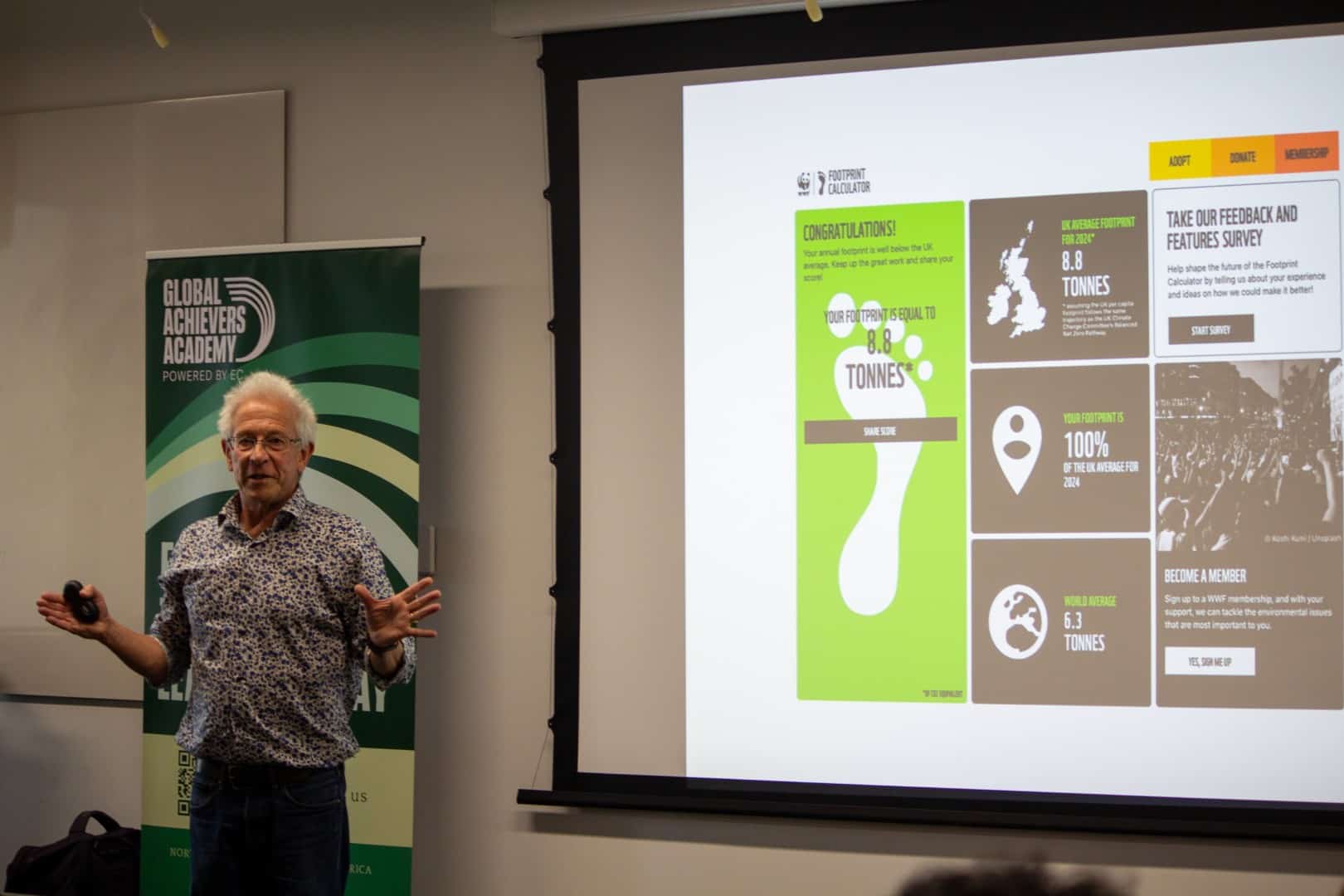
As the world faces increasing environmental challenges, the need for innovative solutions and informed leadership is greater than ever. Global Achievers Academy’s summer programme provides students with a unique opportunity to explore two critical areas that will shape the future: Green Cities and Global Governance. By focusing on these interconnected topics, the programme equips students with the knowledge and skills they need to become leaders in sustainability and global problem-solving.
Hosted in cities renowned for their sustainability efforts and vibrant intellectual culture, our summer programme combines interactive workshops, expert-led discussions, and excursions to offer an immersive experience. Let’s dive into what students can expect to learn about Green Cities and Global Governance during their time with the Global Achievers Academy.
Urbanisation is on the rise, and cities are home to over half of the world’s population, making them crucial battlegrounds in the fight against climate change. Green cities aim to minimise their environmental impact while enhancing the quality of life for residents. During the programme, students will delve into the concept of green cities, learning about the policies, technologies, and community practices that make urban spaces more sustainable. What Are Green Cities? Incorporating Green Cities into urban planning is a key component of the United Nations’ 17 Sustainable Development Goals, particularly Goal 11: Sustainable Cities and Communities. Green Cities prioritize sustainability by integrating eco-friendly infrastructure, renewable energy, and green spaces into urban environments. This approach helps reduce pollution, conserve resources, and enhance the quality of life for residents. By focusing on sustainable development, Green Cities aim to create urban areas that are resilient to climate change, support biodiversity, and promote economic and social well-being for future generations. Students will learn the core principles of green cities, including:
· Energy Efficiency: How cities can reduce energy consumption by implementing renewable energy sources, such as solar and wind, and optimising energy use in buildings and public spaces.
· Waste Management: Exploring innovative waste reduction strategies, like recycling, composting, and waste-to-energy technologies, that minimise landfill use and environmental pollution.
· Green Spaces: The importance of parks, gardens, and urban forests in improving air quality, enhancing biodiversity, and offering recreational spaces for residents.
· Sustainable Transportation: How cities are moving away from car dependency by promoting public transport, cycling, and walking, and adopting electric and shared vehicles.
By understanding these core elements, students will see how green cities function as ecosystems that balance human needs with environmental responsibility.
In an increasingly interconnected world, many of the challenges we face—such as climate change, pandemics, and economic inequality—transcend national borders. Addressing these issues requires cooperation on a global scale, which is where Global Governance comes into play. Global governance refers to the systems, institutions, and processes through which international actors—governments, organisations, and businesses—collaborate to solve global problems.
Perhaps one of the most important lessons students will learn though a Global Achievers Academy summer programme is the intersection between Green Cities and Global Governance. Creating sustainable cities cannot be done in isolation; it requires cooperation at all levels—local, national, and international.
At Global Achievers Academy, our summer programme offers students an unparalleled opportunity to explore two of the most important issues of our time: Green Cities and Global Governance. By the end of the programme, students will not only have gained valuable knowledge and skills but also be empowered to make a difference in their own communities and on the global stage. Whether they aspire to work in urban planning, international relations, or environmental advocacy, this programme equips them with the tools to become leaders in the fight for a more sustainable and equitable future.